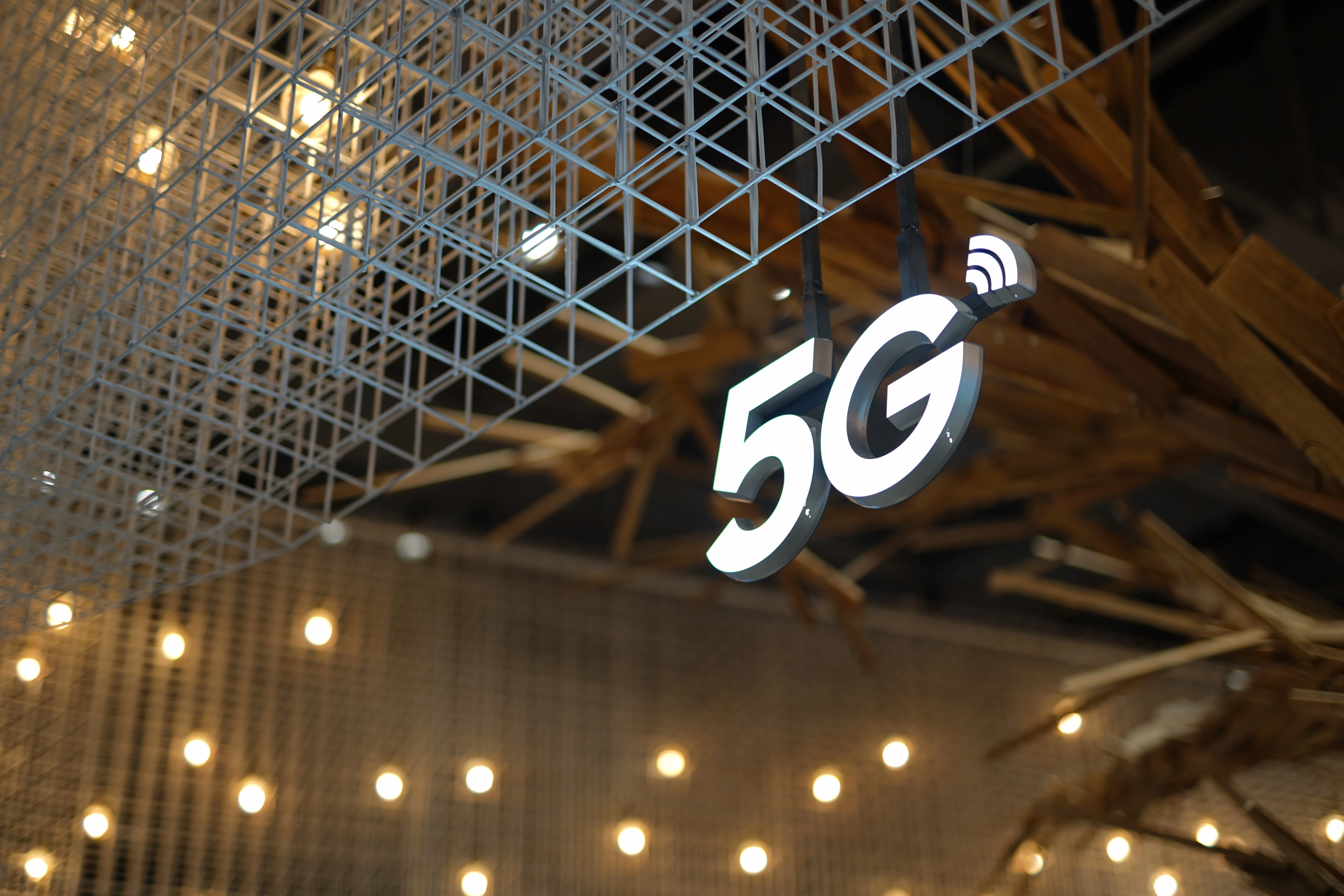
New plans emerge to speed up 5G roll out
Eight projects will receive a share of £4m to explore how software can simplify council processes when telecoms operators request access to publicly-owned buildings and infrastructure.
Street furniture such as road signs and CCTV poles can be used to improve 4G coverage but they are also integral to the roll out of 5G, requiring a larger number of smaller ‘cell sites’ - where antennas and other telecoms equipment are placed to form a network - to ensure seamless coverage and to meet surging demand for connectivity.
However, telecoms firms can often find it difficult and time consuming to acquire the information needed to verify a structure is suitable for hosting network equipment - such as its location, physical dimensions, proximity to the street or access to a power source - which is slowing down the pace of deployment.
In response, the government will invest in piloting the latest innovations in digital asset management platforms. This software will enable local councils to more easily share data mobile companies need to accelerate their roll out plans and deliver the revolutionary benefits of 4G and 5G to people and businesses.
Digital Infrastructure Minister Julia Lopez said: “Everyone gets frustrated when their mobile signal is poor, particularly when patchy coverage holds up important work and social calls and makes it harder to do stuff online. That is why we are determined to get the UK the connectivity it needs by rolling out better mobile coverage as quickly as possible.
“ Currently, mobile companies are finding it difficult to get the data they need to check that a lamppost, bus shelter or public building is suitable for hosting their kit.
“These eight pilots will help solve this by modernising the way local authorities and operators work together in a way that ultimately delivers faster, more reliable mobile coverage for millions of people. It is all part of our joined-up strategy to deliver world-class connectivity to every corner of our country.”
5G is the next generation of mobile internet connection and offers download speeds up to 100 times that of 4G, making mobile phones much faster and able to process ever larger amounts of data. But it is also expected to broaden the role that mobile technology plays in wider society by enabling thousands more ‘smart’ devices on the street which connect to the internet and each other.
Gareth Elliott, Director of Policy and Communications of Mobile UK, said: “Reducing the time it takes to deploy mobile infrastructure is important to enable mobile operators to roll out 4G and 5G across the country and to meet ambitious government targets.
“The DCIA trial and its project winners will provide positive examples of how local authorities can use technology to speed up processes and develop effective relationships with mobile operators to improve coverage for all.”
Looking to promote your product/service to SME businesses in your region? Find out how Bdaily can help →
Enjoy the read? Get Bdaily delivered.
Sign up to receive our popular morning National email for free.






 A legacy in stone and spirit
A legacy in stone and spirit
 Shaping the future: Your guide to planning reforms
Shaping the future: Your guide to planning reforms
 The future direction of expert witness services
The future direction of expert witness services
 Getting people into gear for a workplace return
Getting people into gear for a workplace return
 What to expect in the Spring Statement
What to expect in the Spring Statement
 Sunderland leading way in UK office supply market
Sunderland leading way in UK office supply market
 Key construction developments in 2025
Key construction developments in 2025
 Mediation must be part of planning process
Mediation must be part of planning process
 From apprentice to chief financial officer
From apprentice to chief financial officer
 Don't stifle growth with apprenticeship cuts
Don't stifle growth with apprenticeship cuts
 The start-up landscape: What lies ahead in 2025
The start-up landscape: What lies ahead in 2025
 JATCO adds welcome drive to automotive sector
JATCO adds welcome drive to automotive sector